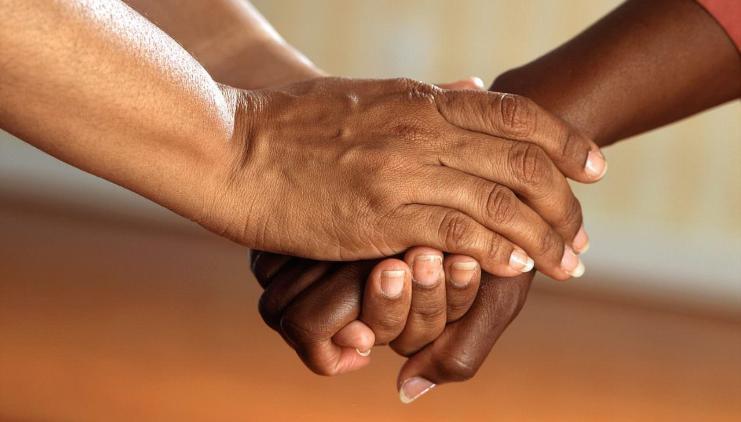Need immediate emergency support?
If you are in need of urgent help or your life is being threatened off campus call Triple Zero (000).
UOW Security is on hand 24 hours a day 7 days a week to provide assistance, first aid and security escorts. You can call or request their services via the SafeZone app or by phone on (02) 4221 4900.
Need to talk?
Call or text our free and confidential UOW Student Wellbeing Support Line any time, 24hrs a day, 7 days a week.
Call: 1300 036 149
Text: 0488 884 164
More information and support
The Safe and Respectful Communities (SARC) team is responsible for leading the University’s work to prevent sexual assault and harassment from occurring on our campuses and for providing coordinated response and support if it does happen.
You can contact the SARC team for support, advice and to find out about your reporting options. You can decide what you choose to do next and the type of support that you need. Find out how SARC can support you.
The team are available 9am – 4:30pm, Monday to Friday and are on standby to respond to emergencies 24/7.
Phone: +61 2 4221 3344 (This number is diverted to UOW 24-hour Student Wellbeing line after hours)
Email: uow-sarc@uow.edu.au
In-person: Building 19, G101 - Wollongong campus






